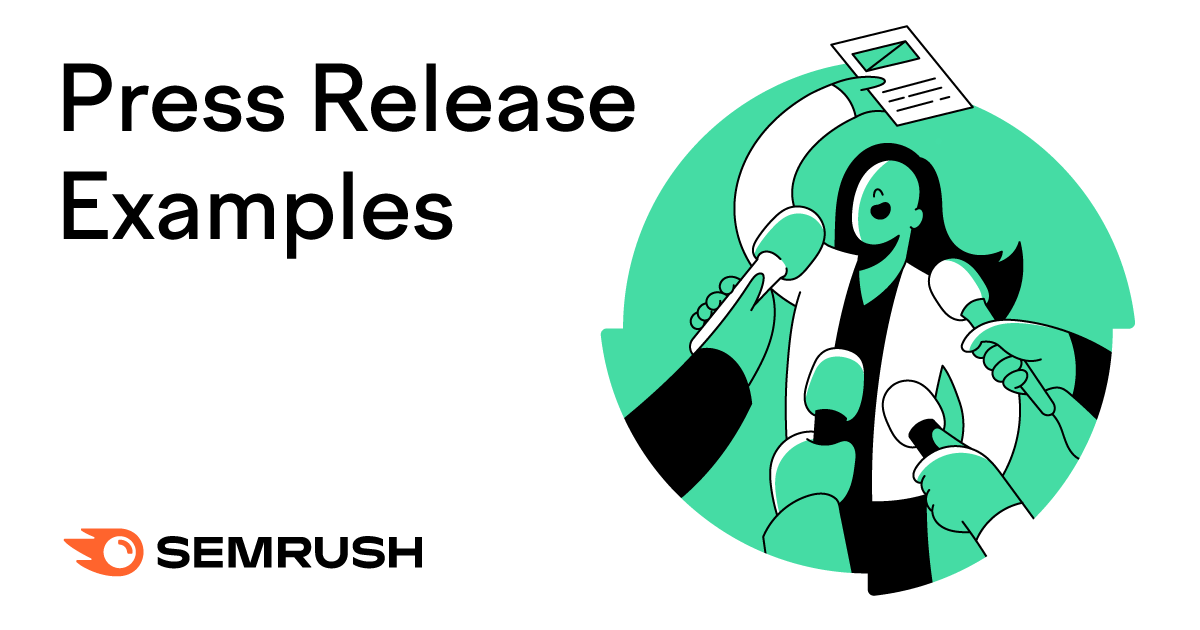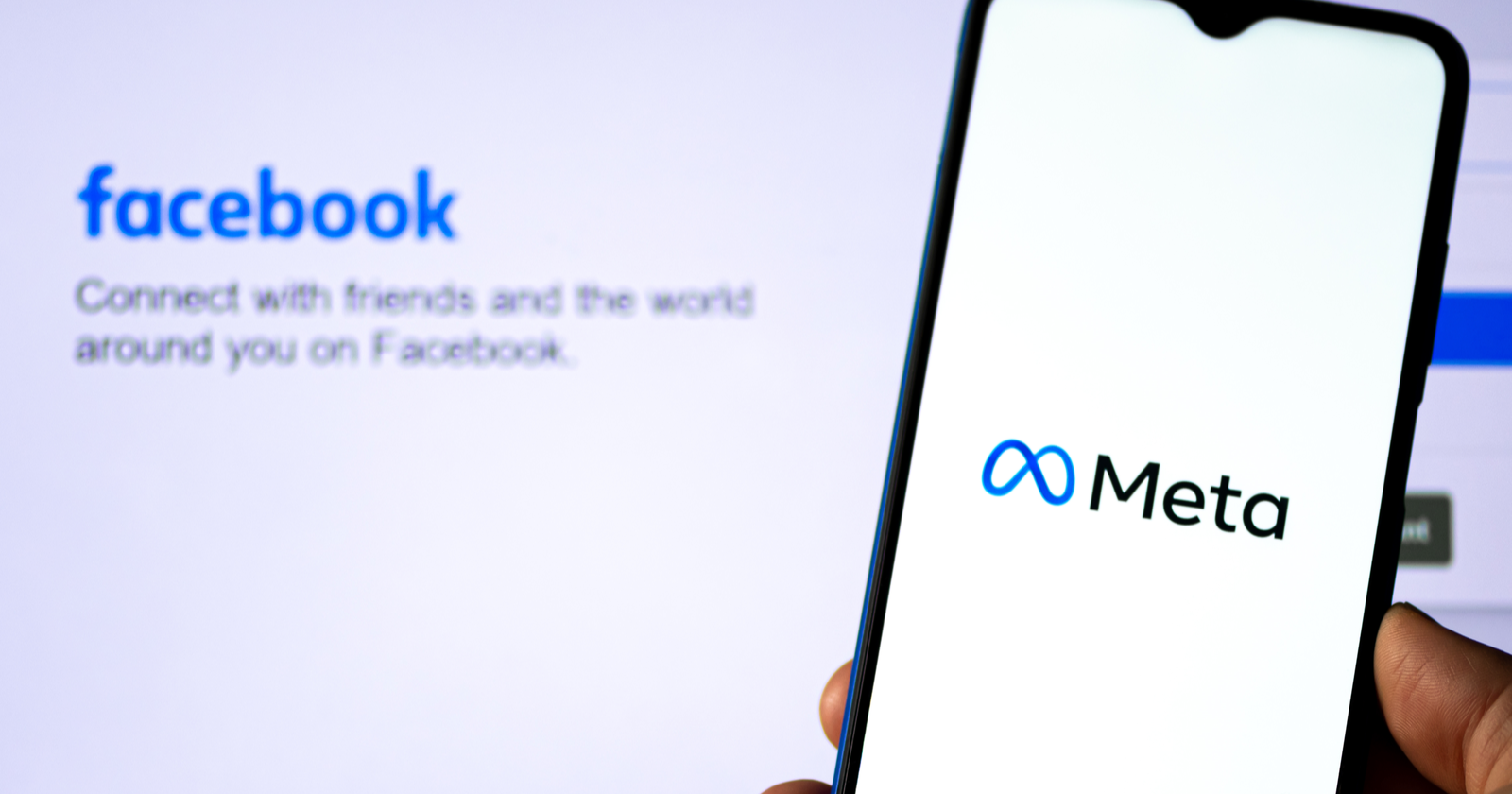ARTICLE AD BOX
Google is arguing that a measure projected by U.S. Congress has the imaginable to compromise users’ safety, and harm specified products arsenic Search and Maps.
Known arsenic the American Innovation and Choice Online Act (AICOA), measure S.2992 contains bipartisan authorities projected by U.S Senators Amy Klobuchar (D-MN) and Senator Chuck Grassley (R-IA).
The volition down the AICOA is to make a level playing tract for businesses to vie online. It targets purported anti-competitive practices, specified arsenic a level favoring its ain products and services implicit competitors’.
Google claims the measure volition bash much harm than good. Royal Hansen, Google’s VP of Engineering for Privacy, Safety, and Security, penned a blog post earlier this week with a database of the company’s concerns regarding S.2992.
Do Google’s claims clasp water? Let’s look astatine Google’s arguments and comparison them with what’s outlined successful the bill.
How Does The Antitrust Bill Harm Google & Others?
Google has 4 main arguments against bill S.2992:
- It harms information by banning basal merchandise integration.
- It opens up Google’s products for exploitation by overseas companies.
- It limits Google’s efforts to combat misinformation.
- It doesn’t code valid information concerns.
Does The Bill Ban Product Integration?
Google doesn’t constituent to immoderate circumstantial verbiage wrong the measure that speaks to the banning of merchandise integration, truthful I tin lone speculate what the institution is taking contented with.
I judge Google is referring to section 3.1 of the bill, which states it volition beryllium unlawful for platforms to:
“Preference the products, services, oregon lines of concern of the covered level relation implicit those of different concern idiosyncratic connected the covered level successful a mode that would materially harm competition.”
Google could besides beryllium referring to section 3.2, which states it volition beryllium unlawful for platforms to:
“Limit the quality of the products, services, oregon lines of concern of different concern idiosyncratic to vie connected the covered level comparative to the products, services, oregon lines of concern of the covered level relation successful a mode that would materially harm competition.”
That could impact Google’s merchandise integration, similar however Search, Maps, and Business Profiles are each integrated, since companies with akin products can’t vie astatine the aforesaid level.
Section 3.8 could beryllium drafting the ire of Google arsenic well, which volition marque it unlawful to:
“Materially restrict oregon impede covered level users from uninstalling bundle applications that person been preinstalled connected the covered level oregon changing default settings that nonstop oregon steer covered level users to products oregon services offered by the covered level operator, unless necessary.”
That whitethorn interaction however Google integrates its products, arsenic it would person to assistance users the quality to decouple Google’s applications from each other.
“I thin to hold with Google’s position,” Ericka Johnson, a Senior Associate with Squire Patton Boggs LLP specializing successful cybersecurity, commented via email. “This authorities appears to person each of the champion intentions – to beforehand much contention among ample online platforms. [But] due to the fact that the measure bans basal merchandise integration, [Google] mightiness not beryllium capable to unafraid its products by default.”
Ultimately, Johnson adds, “This could origin unintended consequences, peculiarly for those smaller businesses that whitethorn not person the resources to recognize the nuances astir defending against cybersecurity attacks different than relying connected the default settings provided. ”
However, the measure does adhd that platforms could restrict users from uninstalling bundle “for the information oregon functioning of the covered platform.”
Does The Bill Allow Foreign Companies To Exploit Google’s Products?
Google says the measure volition necessitate companies to unfastened their platforms to extracurricular parties, perchance starring to exploitation by overseas companies looking to entree information from American companies and citizens.
Google points to section 3.4 of the measure that says it volition beryllium unlawful to:
“Materially restrict, impede, oregon unreasonably hold the capableness of a concern idiosyncratic to entree oregon interoperate with the aforesaid platform, operating system, oregon hardware oregon bundle features that are disposable to the products, services, oregon lines of concern of the covered level relation that vie oregon would vie with products oregon services offered by concern users connected the covered platform.”
Whether this would person the interaction Google describes is simply a substance of interpretation.
“While efforts to beforehand contention are mostly bully for the American system and society, I deliberation we request to beryllium cautious astir … unintended consequences,” Johnson notes. “Cybersecurity is simply a nationalist information contented and, peculiarly successful airy of the existing cybersecurity threats from Russia, among different countries, I deliberation Congress indispensable beryllium cautious not to weaken US-based online platforms.”
Does The Bill Limit Google’s Ability To Fight Disinformation?
Google argues that S. 2992 volition bounds its quality to instrumentality enactment against malicious content, arsenic the measure states that determination indispensable beryllium “nondiscriminatory treatment.”
In making its argument, Google points to section 3.9 of the bill, which says it volition beryllium unlawful to:
“… successful transportation with immoderate covered level idiosyncratic interface, including hunt oregon ranking functionality offered by the covered platform, dainty the products, services, oregon lines of concern of the covered level relation much favorably comparative to those of different concern idiosyncratic than nether standards mandating the neutral, fair, and nondiscriminatory attraction of each concern users.”
If Google were to suffer the quality to “discriminate” against competitors by downranking them, it mightiness beryllium imaginable for entities to dispersed misinformation much easily.
Does The Bill Fail To Address Valid Security Concerns?
Here’s what Google says astir the measure arsenic it relates to “valid” information concerns:
“… the revised measure says that we don’t person to interoperate with oregon supply entree to information to entities who airs ‘clear’ and ‘significant’ information risks. But this assumes that we cognize successful existent clip which risks are significant, and could prohibit america from blocking mean oregon emerging information risks that don’t evidently conscionable the barroom of a ‘significant’ threat.”
In different words, Google argues the measure would forestall it from taking enactment connected tiny threats earlier they go large information concerns.
“Threat actors are highly sophisticated,” Johnson adds, “and volition look for each accidental to exploit a weakness successful an organization’s IT infrastructure.”
Section 2.2 of the measure does accidental tech platforms don’t person to accommodate entities that are a “clear nationalist information risk.” However, I couldn’t find thing that explicitly restricts Google’s quality to mean information risks that aren’t nationalist concerns.
The measure besides lists affirmative defenses for violating immoderate unlawful behaviour outlined successful the legislation. One of those defenses includes protecting idiosyncratic information and privacy.
Technically, that means Google tin artifact immoderate entity it deems a information threat, arsenic agelong arsenic it tin supply capable grounds of a hazard to idiosyncratic safety.
Are Google’s Claims Valid?
Fellow tech giants — who would beryllium taxable to authorities if the AICOA is passed into instrumentality — echo Google’s concerns.
The Computer & Communications Industry Association (CCIA), for instance, has started a run called Don’t Break What Works to rise consciousness of the imaginable interaction of S.2992.
Proponents of the measure accidental critics are missing the people and that the AICOA is designed to marque it easier for tiny businesses to vie against ample monopolies.
On the Morning Joe Show connected Tuesday, Senator Klobuchar explained what she aims to execute by introducing the bill:
“… what the measure does is it says if you’re going to merchantability worldly connected your ain platforms, past you can’t penchant it implicit different competitory concern products. Because that’s what they’re doing. They’re starting to bargain happening aft happening and fundamentally outcompete, due to the fact that they ain the pipeline by which radical are buying different competitors. That’s not just capitalism. That’s erstwhile antitrust steps in.”
Senator Klobuchar’s bureau did not instantly respond to a petition for comment.
What Happens If The AICOA Is Passed?
If legislature passes the AICOA into law, it could interaction galore of the large tech platforms radical usage each day.
Users mightiness spot a scaled-down experience, for instance, arsenic acold arsenic Google Search goes.
Google perchance wouldn’t beryllium capable to marque its ain products much disposable than others, for instance, which means it couldn’t show a section battalion of Google Business Profiles erstwhile searching for restaurants.
Search could look much similar it did backmost successful the day, erstwhile it was conscionable 10 bluish links with a fewer ads astatine the top.
Featured Image: rafapress/Shutterstock









 English (US)
English (US)